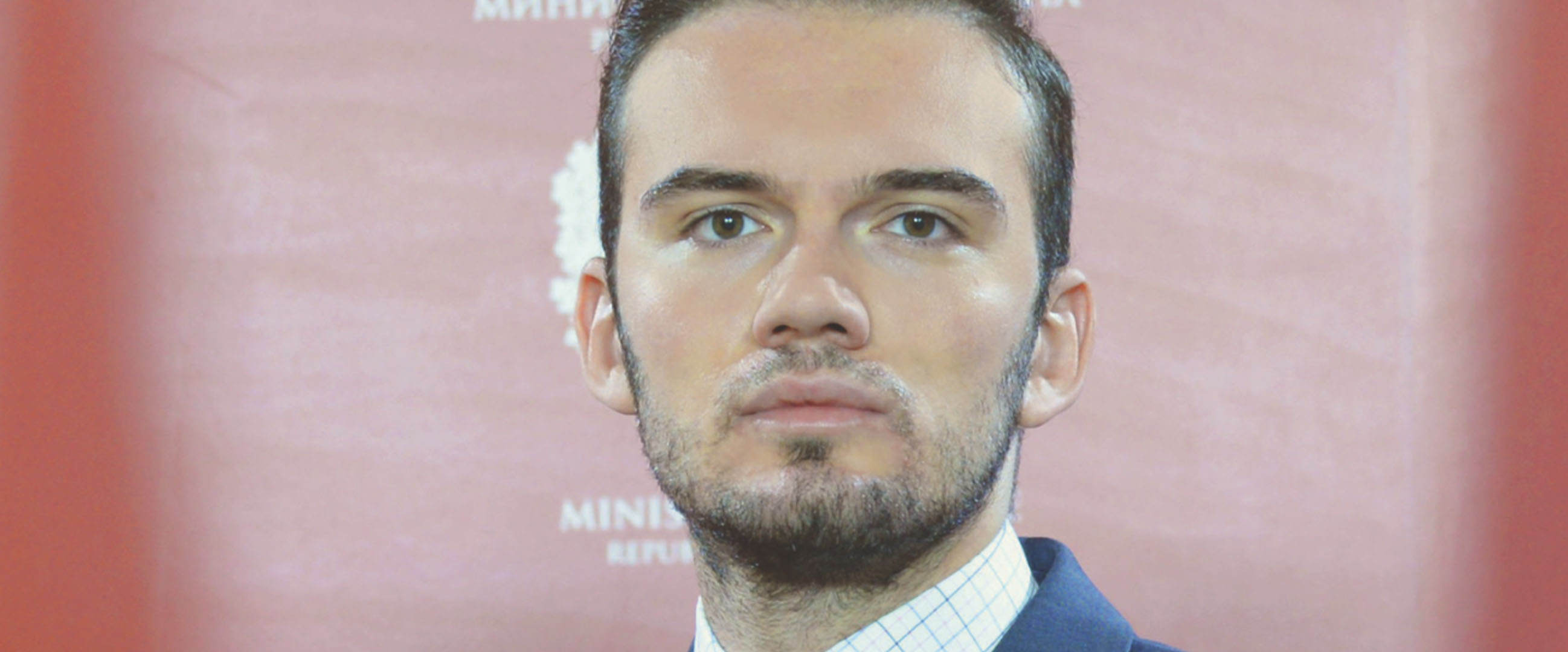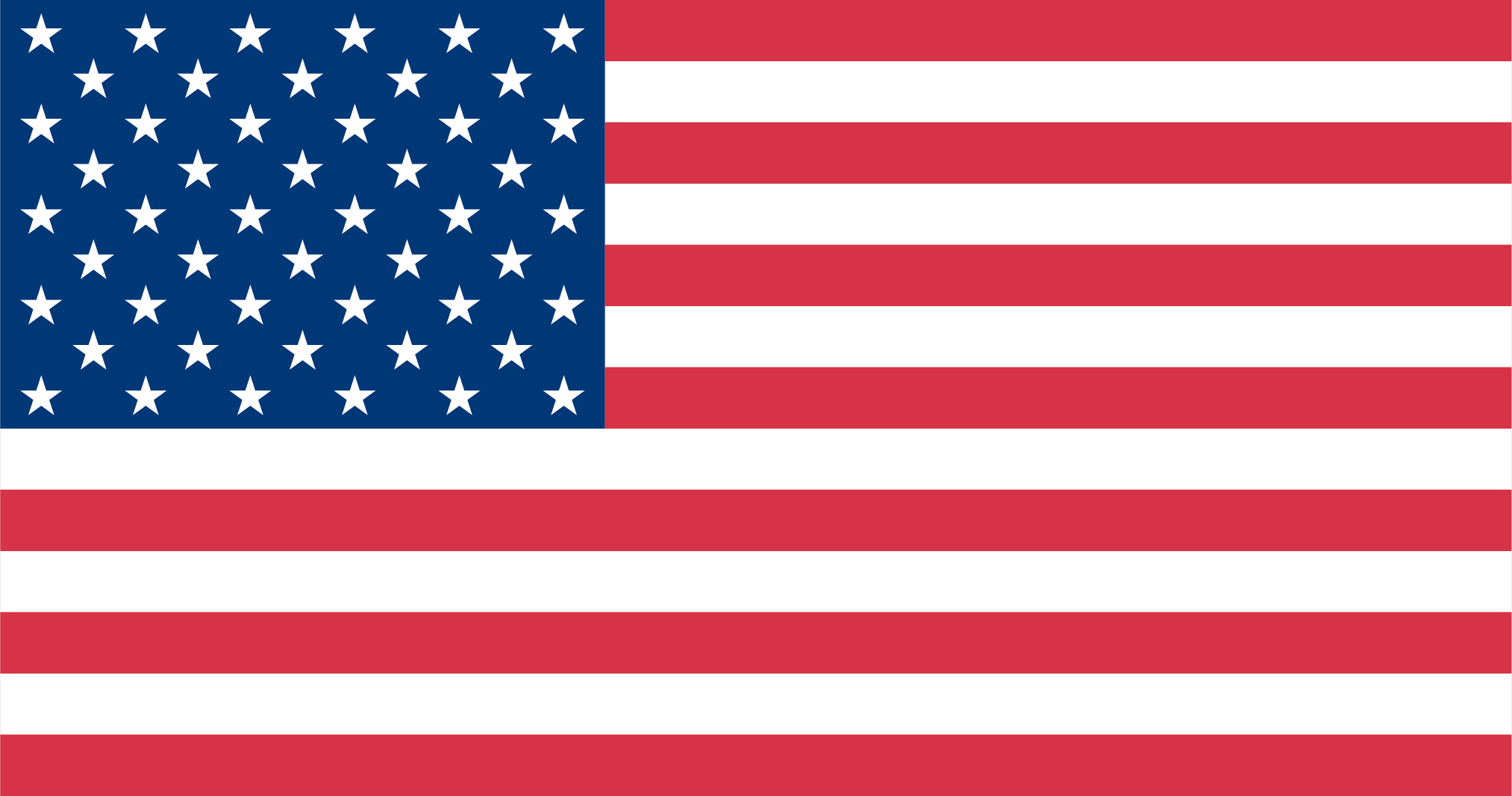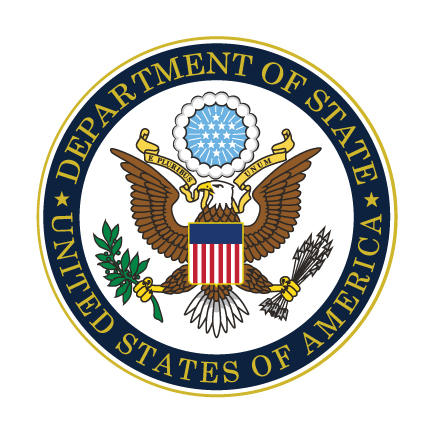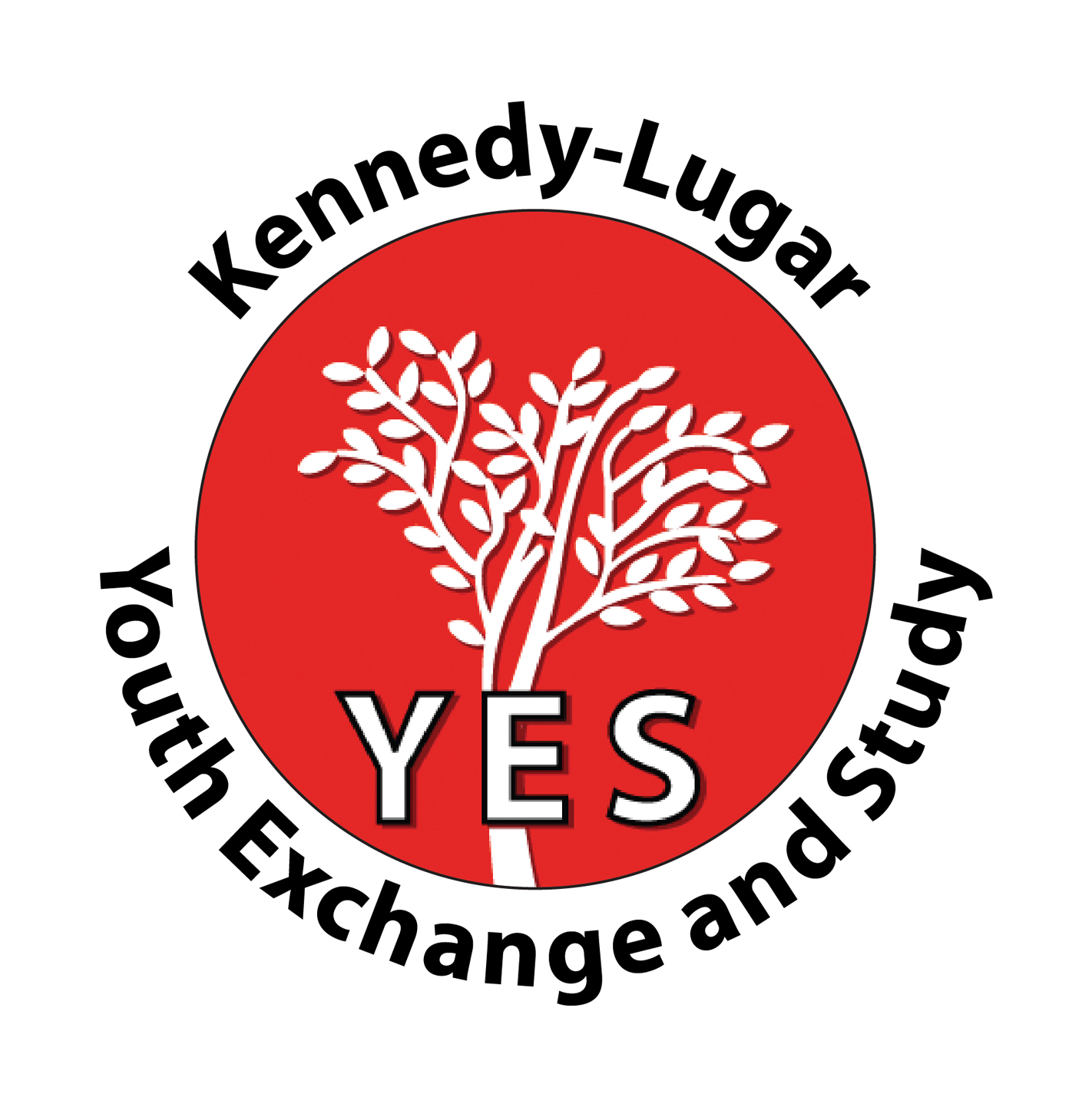Growing up in the capital city of Macedonia, Emir Hasanovic learned about America through pop culture and Hollywood.
When he applied for the Kennedy-Lugar Youth Exchange and Study (YES) program in 2008, social media did not have the same level of prominence that it does today. After he was accepted, he imagined how his American story would unfold.
He assumed he would be placed in a big city, like he had seen in movies – New York City or Chicago. He was placed in Lyle, Minnesota.
In 2008, the population of Lyle was 563. By contrast, the population of Skopje, where Mr. Hasanovic grew up, is more than 536,000.
As he passed soybean and corn fields on the way to his new home, he reminded himself of the phrase YES staff share with incoming students at orientation: “It’s not better. It’s not worse. It’s just different.”
“It’s become my mantra, really,” Mr. Hasanovic said. “It’s stuck with me. Once you adopt that mindset you adapt to change much easier.”
He spent a lot of time being quizzed by the students from the local elementary school (How many moons are there in Macedonia? What kind of clothes do you wear there?) and figuring out the rules of American football (What do you do with “this egg” now? Where do you run?). He also learned about diplomacy.
He grew up in a Muslim household, so staying with a Christian host family was a new experience, but he found that it was a familiar one.
“The core values of the family and the [Christian] community were the same, just in a different form,” he said. “That was my lesson.”
He enjoyed having discussions with his family and finding the commonalities between their lives. As a result he started to think about studying diplomacy in university.
It wasn’t his first experience with the idea. His father was a diplomat, so he grew up in a household full of languages and was regularly quizzed on world leaders. It was his exchange experience though, and acting as an informal ambassador for Macedonian culture, that gave him the confidence to consider the same path for himself.
He applied to Georgetown University School of Foreign Service and was accepted on his first try. He opted to study at the Qatar campus.
“I fell in love with the country very, very quickly,” he said of Qatar. “If it wasn’t for YES, I don’t think I would have thought about Georgetown as much. I don’t think I would have necessarily considered the Middle East [for university]. I would have wanted to study with my friends.”
After graduation, he worked in strategic communications and helped to launch an NGO in Macedonia called Democracy Lab.
“Not being afraid of change -- that’s what the YES experience teaches you,” he said. “You are the master of your own experience.”
Watching Mr. Hasanovic start his career and invest in his home country has been encouraging to Megan Lysaght, program manager for YES.
“One of the best parts of working with YES alumni is hearing how they continue to apply the lessons they have learned on program to the rest of their lives, and how they share that with their communities," she said. "We are so proud to have Emir counted among the YES alumni family."
Today, Mr. Hasanovic works as a special adviser to the deputy prime minister and minister of defense in Macedonia. He specifically advises on international relations and communications, and sees firsthand the value of exchange experience.
“You put people in a room together. You put people in a locker room together. You put people in the chess club together. That’s how you bring people together,” he said. “That’s how you break the stereotypes.”
He believes that exchange programs are essential to foreign policy.
“You can have the biggest defense budget in the world,” he added. “Ultimately, your biggest assets are the people.”
While Mr. Hasanovic stays quite busy in his current role – in July NATO invited Macedonia to begin accession talks as the 30th member state – he also tries to find time to engage the YES alumni network. His group was the first from Macedonia to go on the YES program. This fall, the 11th group is starting their academic year in the United States.
He encouraged his fellow alumni to learn as much as they can and then apply it at home.
“You’re going to be tempted once the exchange happens to just leave your country altogether, especially when the culture shock hits back home,” he said. “Don’t view it as a disappointment. View it as a challenge and try to harness everything you learned to make an impact.”
Editor's note: Mr. Hasanovic was nominated by American Councils staff to be honored at the inaugural Global Citizens Awards dinner in Washington, DC.




